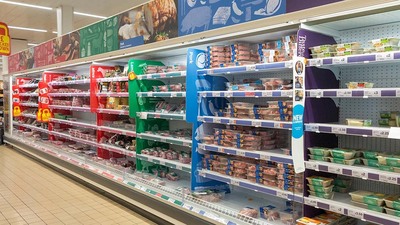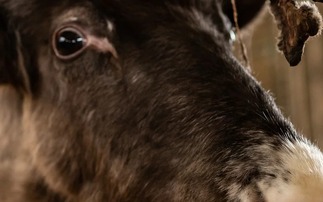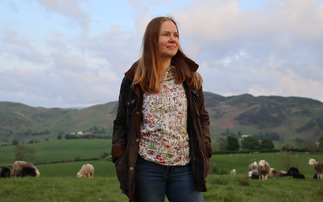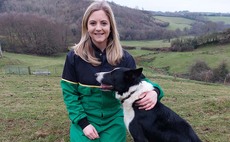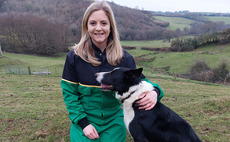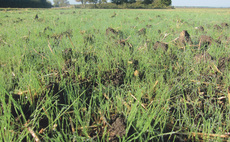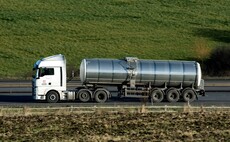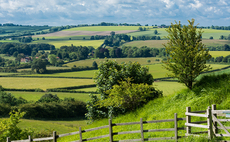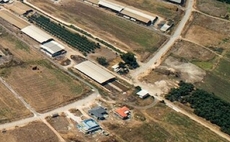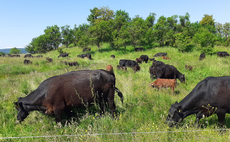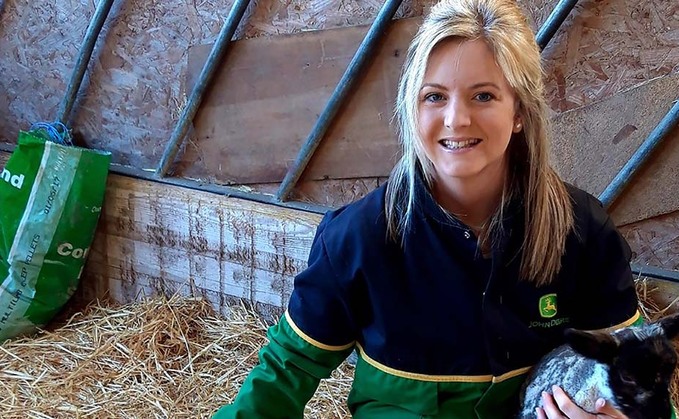
While agricultural support and subsidies are of personal interest and importance to me looking to the future of our family farm, it also makes up a large proportion of my working life as a chartered surveyor and land agent.
When going on-farm for appointments I am often met with a tirade of questions about the future of agricultural support schemes.
With all farmers set to receive a minimum 5 per cent deduction to their Basic Payment Scheme (BPS) payment in 2021, with higher deductions for larger farms and further reductions thereon in the following years (at as yet unknown percentage decreases), it is no wonder farmers are concerned.
Certainly, at home and for many of my clients, BPS plays an important role in keeping the farming business afloat. It angers me that many of the general public and indeed our own UK Government see BPS as a fat yearly cheque which is making farmers rich. How wrong they are.
People seem to forget that the purpose of BPS is to allow high quality, high welfare British food to be available on the shelves of British shops at prices which are affordable to the public.
With the final product having such a low value on the shelf, which often does not cover the cost of production, particularly when British food is produced to some of the highest standards in the world, which is obviously costly, the BPS makes up the shortfall to keep farmers in business, allowing them to continue producing high quality yet affordable food.
The thought behind the new Environmental Land Management (ELM) scheme, which is set to become the new main support scheme from 2024 onwards, sounds very airy-fairy to me.
Yes, being paid for providing public goods such as clean water, fresh air and healthy soil sounds like a lovely idea, but how will payments for such things ever be quantified? And how much payment will farmers expect to receive? The realist in me thinks less than the current system pays that is for sure.
Value
What I find most baffling though, is that with all this talk of public goods, not once is high quality, high welfare food mentioned as being a public good and I cannot understand how our Government does not value it as such.
I recently attended a webinar on the new ELM scheme, hosted by Defra, to learn more about it in order to put my concerns and queries to the hosts. Come the end of the initial presentation, I did not feel much more enlightened than I was at the start, but nonetheless I put a question to them: why was high quality food not included as a public good?
I received sharp shrift, with the answer: there is already a market for food, while there is not for the likes of clean air and fresh water. Then they swiftly moved on to the next question. All very well and good, but when the market for food is warped, I do not see how that can be considered an adequate answer.
While the BPS does have its downfalls, for instance in my opinion there are lots of people successfully claiming thousands of pounds who would not meet with my own personal definition of the word ‘farmer', but for the majority it certainly serves a significant purpose; keeping farm businesses very much in business.
I feel that pulling the plug on such an important support system is going to cause nothing short of a disaster, although I hope very much that I can be proved wrong.
Perhaps if Boris Johnson is listening, while there is still time to alter future support policy before it is brought in, maybe he and his Ministers would like to have a re-think on whether high quality British food, produced by our hardworking farmers, is in fact a 'public good'.
